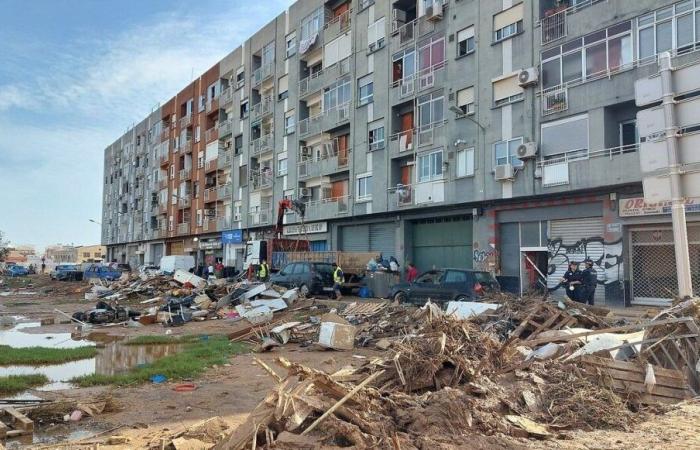A boat causes torrential rains in Spain. This crazy rumor circulated on Tiktok after the floods which hit the country two weeks ago and claimed more than 200 lives. Fake news born from the video of a floating power plant, an imposing boat which would have been seen near Valencia before the disaster. In reality, it was a boat filmed off the coast of the Canaries.
And this is far from the only false information circulating on social networks. Internet users saw false human tolls, a false emergency number or even rumors about a dam collapse. And these videos are viral, a recurring phenomenon during crisis situations.
Cognitive biases behind the virality of these videos
In any case, this is what cognitive science researcher at the University of Valencia María Fernández-López shows. “Cognitive science calls this the need for closure. she explains. “In crisis situations, like here in Valencia, it's like our brain was in a state of shock and seeking safety. What you are looking for are quick responses, and we accept the first response that comes to us.“
A phenomenon supplemented by another cognitive bias, reinforced by social networks and their algorithms: confirmation bias. In the event of a problem, a situation that makes us angry, we more easily believe someone we are already angry with is guilty. The crisis becomes a way of confirming our initial negative feeling.
18/20 · One day in the world Listen later
Lecture listen 35 min






